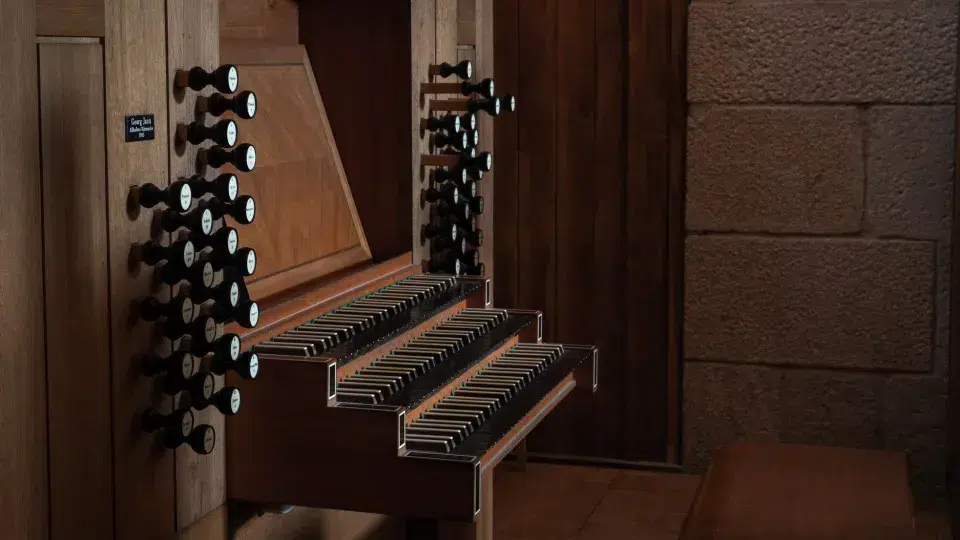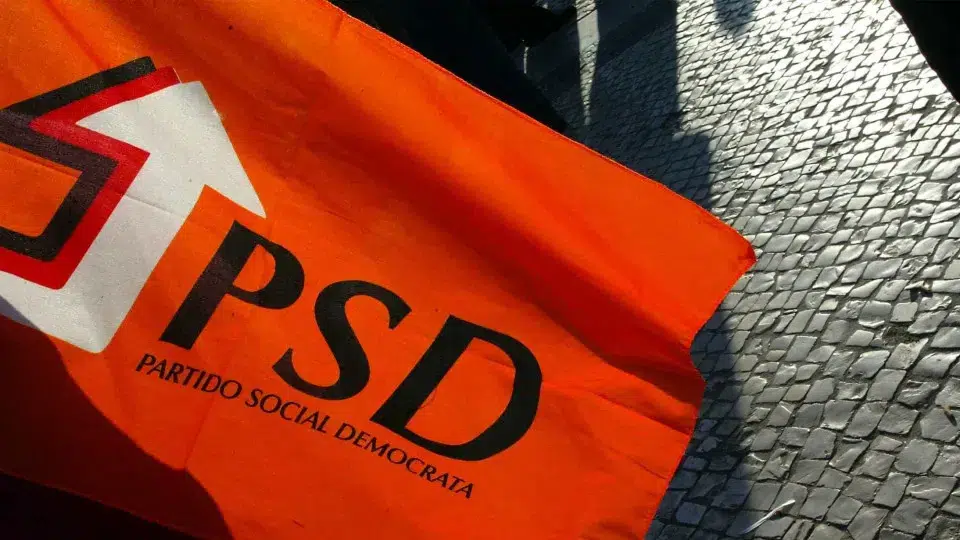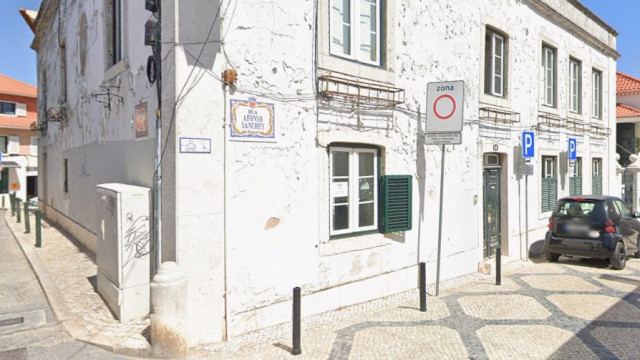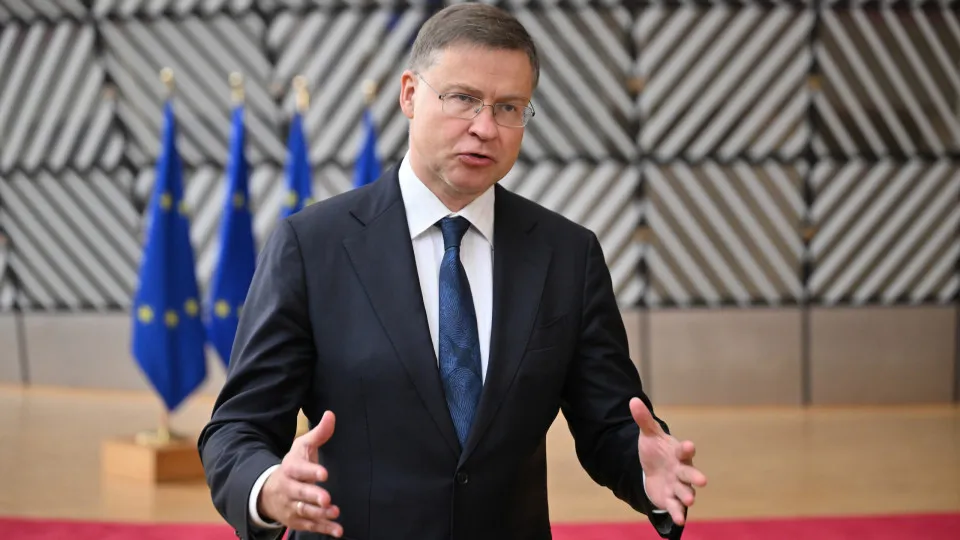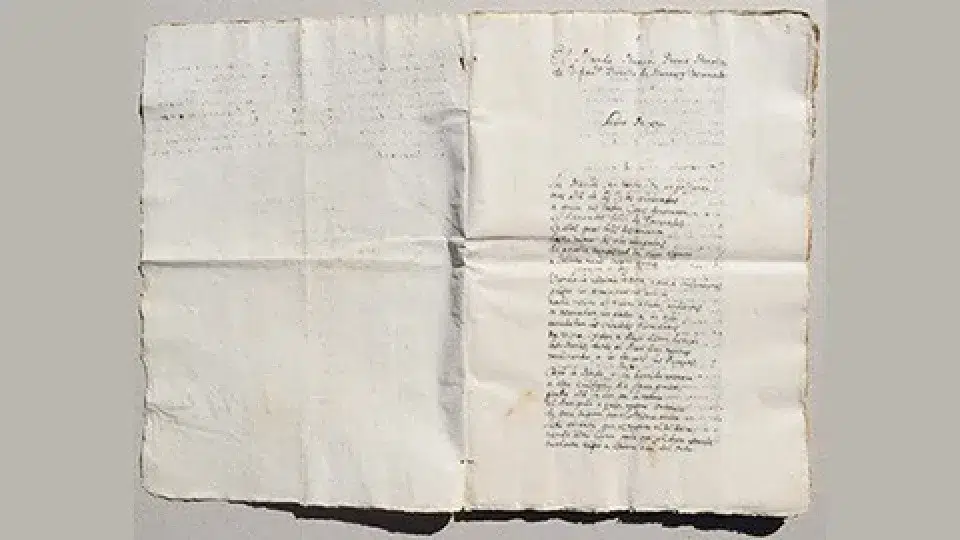
The University of Barcelona announced on Tuesday the unprecedented discovery of what is considered the first epic work written in Spanish featuring Christopher Columbus as the protagonist, highlighting its significant philological and historical value.
The document had previously escaped the notice of researchers, although it was briefly mentioned in an old catalog compiled by Father Alexandre Olivar in 1977.
The manuscript, spanning approximately 40 pages with notable differences from the printed edition of 1701, contains excerpts that were not part of the previously known text, some of which may have been omitted or altered for ideological reasons.
The discovery was made by post-doctoral researcher Claudia García-Minguillán.
The poem depicts Columbus as a hero of early 18th-century political imagery, set against the backdrop of strong dynastic tension just before the start of the War of the Spanish Succession.
The context of its writing in Barcelona in 1701 is crucial for understanding the strategy of Botelho de Moraes e Vasconcelos, a figure closely associated with the city’s intellectual and diplomatic scene and aligned with Austrian circles.
The author participated in the foundation of the Academy of the Distrustful, a precursor to the current Royal Academy of Letters of Barcelona, and committed to linking Columbus’s exploits to the political values of supporters of Archduke Charles of Austria.
The manuscript, which will now undergo a critical edition and monographic study, also reveals a unique aesthetic intention: despite being written in Spanish, the composition follows classical epic models more common in Latin and Italian traditions.
The choice of Spanish in this case reflected a desire to engage in the cultural and ideological debate of the Spanish monarchy, according to the researcher.
The discovery was achieved through systematic research of the monastic library’s collection and cross-referencing bibliographic references with uncatalogued manuscript materials.
García-Minguillán noted, “The manuscript remained outside the usual research circuits for decades, as it had never been digitized or transcribed, and its authorship was not explicitly identified in any modern database.”
The study of ‘El Nuevo Mundo’ is part of a broader research project supported by the Spanish Ministry of Science, Innovation and Universities, the German Academic Exchange Service (DAAD), and the Calouste Gulbenkian Foundation, aiming to reconstruct the political, literary, and cultural motivations of Botelho de Moraes e Vasconcelos, as well as the dynamics of creation and censorship in the literary sphere of Baroque Barcelona.

